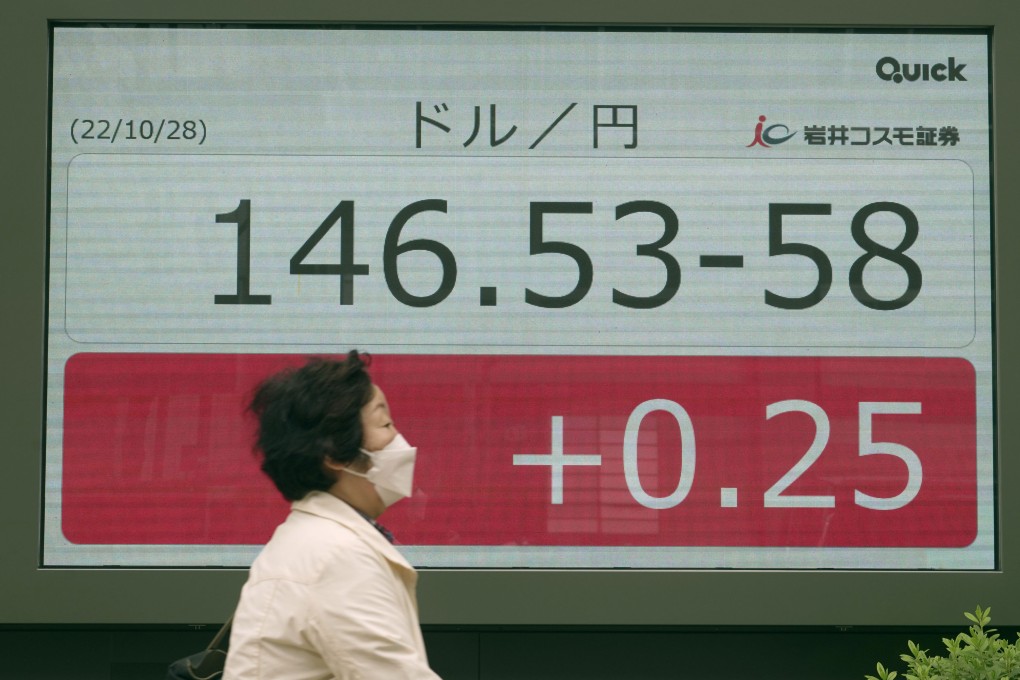The View | Yen collapse and UK mini-budget debacle show it’s better to work with markets than fight them
- Being stubborn on a matter of principle can be costly for politicians and policymakers. They need to remember the wisdom of crowds rather than ignoring the markets, as Liz Truss and the Bank of Japan have

Swarm intelligence is where natural organisms make collaborative decisions. A flock of birds or a school of fish confounding a predator make better defensive decisions as a group than an individual. Such decisions adapt and change in real time to suit the prevailing conditions and near-term expectations.
Another example is the jelly bean experiment in psychology where a crowd is asked how many jelly beans are in a jar. Individuals are unlikely to get anywhere close, but the wisdom of the crowd makes the average guess very accurate. It sounds like the money markets.
The Japanese economy at the time boasted three merits – low inflation, low interest rates and high growth, around 6.7 per cent in 1988. More than three decades later, the first two are still there but growth in the last 20 years has averaged just 0.53 per cent.

